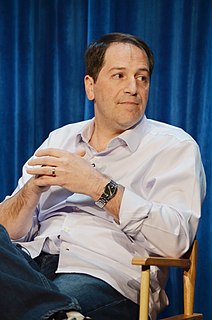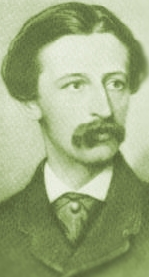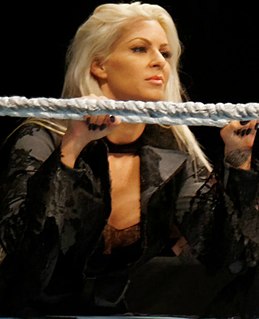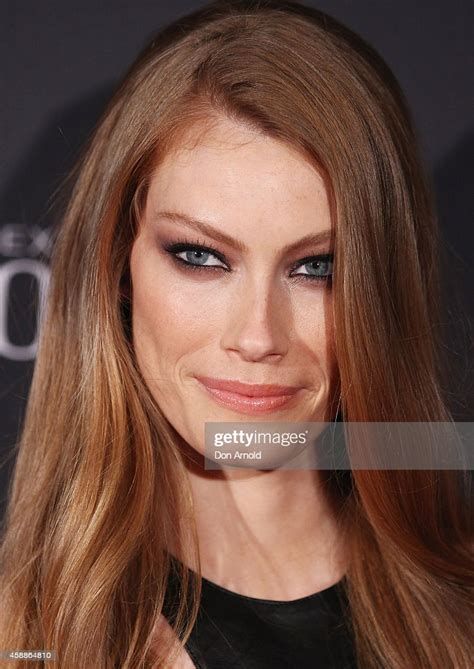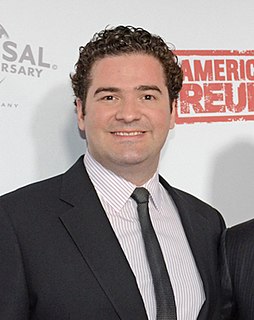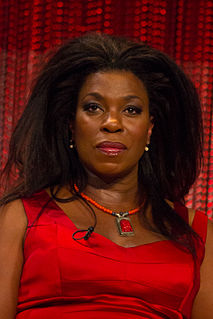A Quote by Aaron Korsh
The way it works for us is, when I watch a character and I connect to a character, I'd love to bring them back and see them again.
Related Quotes
The (Sir Arthur Conan Doyle) stories were great, for one. The thing that makes him a remarkable character is how he can withstand all of these different interpretations and different styles and, that's what makes a classic character a classic character; they keep coming back and you see them in a new way every time.
A character does seem to have a life of its own, but I have what I'd describe as a very fluid relationship with them - as I'm thinking of what they will be like, they shift in and out of focus - they are a projection of some idea inside of me, even if a character is inspired by an actual person, I'm well aware that it is not that person. My job is to identify the essence of the character, and to bring them to life long enough to commit the acts, say the words or simply "be" in a way that allows them to affect and be affected by other elements and events in the imaginary world of a story.
When you are writing, you have to love all your characters. If you're writing something from a minor character's point of view, you really need to stop and say the purpose of this character isn't to be somebody's sidekick or to come in and put the horse in the stable. The purpose of this character is you're getting a little window into that character's life and that character's day. You have to write them as if they're not a minor character, because they do have their own things going on.
When I'm writing, I try to have the mask of my character on as I'm walking through the world. When I'm not at my desk, the rest of the time, I try to stay in that character and see the world the way that character would It's almost like method acting in a way — keeping the character close the way the actor keeps a script close and always tries to be in character.
My children's favorite, and it's funny because they've seen it but they have a difficult time watching it because it's their dad and they make that connection, but Edward Scissorhands is by far my kids' favorite. They just connect with the character, and they see their dad feeling that isolation, that loneliness. He's a tragic character, so I think it's hard for them. They bawl.
